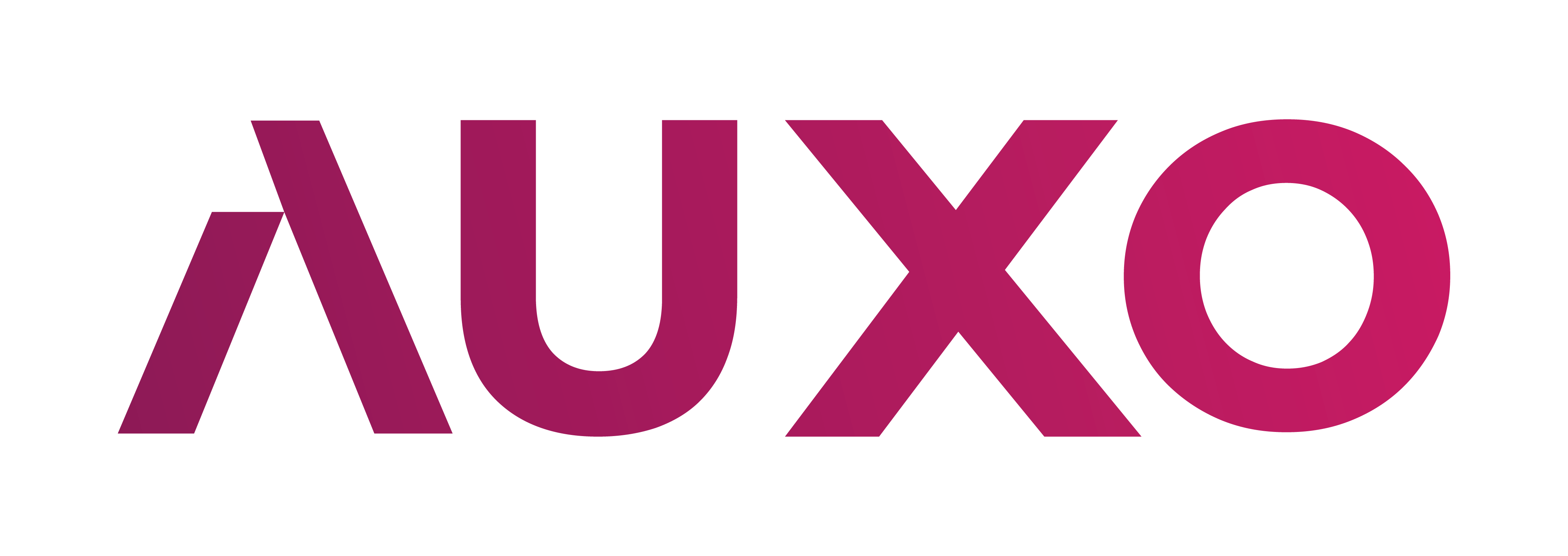Local SEO is an essential strategy for small businesses looking to improve their visibility within their local market. With more consumers turning to online search for local services, having a well-optimised online presence can make a significant difference in attracting nearby customers. This guide will walk you through the steps to enhance your local SEO, ensuring your business ranks higher in local search results and stands out in your community.
Focusing on local SEO involves specific techniques, from optimising location keywords to leveraging directories and location-specific landing pages. Let’s explore each step to give your small business the competitive edge it needs.
Claim and Optimise Your Google My Business Listing
A Google My Business (GMB) profile is the cornerstone of any local SEO strategy. Setting up and optimising your GMB profile allows your business to appear in Google Maps and local search results, making it easier for customers in your area to find you. Start by claiming your profile and filling in all the details, including your business name, address, phone number, website, and operating hours.
Ensure that all information is accurate and up-to-date, as inconsistencies can harm your search rankings. Regularly update your profile with new photos, posts, and customer reviews. Engaging with reviews—both positive and negative—also signals to Google that your business is active, which can further improve your local SEO.
Use Location Keywords Strategically
Incorporating location keywords throughout your website and content is crucial for local SEO. These keywords help Google understand where your business operates, allowing it to show your website to users searching in your area. For example, if you run a bakery in Manchester, using phrases like “Manchester bakery” or “fresh pastries in Manchester” can improve your chances of ranking in relevant local searches.
However, avoid keyword stuffing, as it can harm your rankings. Instead, focus on naturally integrating location keywords into your content, such as within your homepage, about page, and service pages. You can also create blog content that targets location keywords, like “Top Spots for Fresh Pastries in Manchester,” to boost your local relevance.
Leverage Directories for Better Visibility
Listing your business on online directories, such as Yelp, TripAdvisor, and Bing Places, is an effective way to boost local SEO. Directories not only improve visibility but also build valuable backlinks to your site, which Google considers when ranking websites. When creating directory listings, ensure your business name, address, and phone number (NAP) are consistent across all platforms. Any discrepancies can confuse search engines and impact your rankings.
Directories play a significant role in helping your business get discovered by potential customers, as many people rely on these platforms for local recommendations. Focus on reputable directories and make sure each listing is complete and up-to-date.
Create Location-Specific Landing Pages
If your business serves multiple locations, creating location-specific landing pages can help improve your local search presence. Each page should target keywords and content specific to that area. For example, if you’re a plumbing service operating in both Leeds and Sheffield, having individual landing pages optimised for “plumbing services in Leeds” and “plumbing services in Sheffield” will enhance your visibility for location-based searches.
These landing pages should include unique, valuable information, such as services offered in each location, testimonials from local customers, and location-specific contact information. Google favours content that is both useful and locally relevant, so avoid duplicating content across pages.
Incorporate Local News Sources and Events
Engaging with local news sources and events can help your business become more relevant to the local community, which Google appreciates in local SEO. Write blog posts or articles related to local news or community events that align with your business. For example, if you’re a fitness centre, you could create content on an upcoming charity marathon in your area, offering training tips or a guide to healthy eating for runners.
Linking to local news sources or partnering with local websites for content collaboration can help build authority and local relevance. Additionally, this strategy can increase your chances of being featured on other local websites, further improving your SEO through relevant backlinks.
For further advice on building a strong online presence, explore this digital marketing resource.
Track Your Keywords with Tools like SEMrush
Monitoring your keyword performance is crucial for any local SEO strategy. Keyword tracking allows you to see which keywords are driving traffic to your website and which need improvement. SEMrush is a powerful tool for tracking location-specific keywords and analysing your site’s ranking against local competitors. By regularly reviewing keyword performance, you can adjust your strategy to focus on high-performing keywords and target new, relevant phrases.
With SEMrush, you can also analyse competitors’ keywords and identify gaps in your own strategy. This information is invaluable for staying ahead in the local market, enabling you to create targeted content that attracts more local customers.
Encourage and Manage Customer Reviews
Customer reviews play a significant role in local SEO. Positive reviews not only build trust with potential customers but also improve your rankings in local search results. Encourage satisfied customers to leave reviews on your Google My Business page, as well as other directory sites. Responding to reviews, especially negative ones, shows that you value customer feedback and are committed to improving your service.
Google favours businesses with active, positive customer interactions, so maintaining a strong review profile can directly impact your visibility. Aim to keep your responses professional and helpful, as this reflects well on your brand and can lead to repeat business.
Create Locally Relevant Content
Regularly posting content that resonates with your local audience is a powerful way to boost local SEO. This could include blog posts on topics like local industry trends, seasonal promotions, or even community spotlights. Incorporating location keywords naturally within your content will help search engines understand your geographic focus, improving your relevance for local searches.
Locally relevant content can also lead to engagement from other businesses or news sources, potentially earning backlinks and enhancing your site’s authority. Plus, it establishes your business as a local expert, building trust with your audience.
Implementing a strong local SEO strategy can significantly benefit your small business, improving your online presence and making it easier for local customers to find you. By optimising your Google My Business profile, using location keywords, leveraging directories, and tracking your progress with tools like SEMrush, you’ll position your business to thrive within your local market. Remember, local SEO isn’t a one-time task; it requires ongoing attention and adaptation to maintain and improve your rankings.
For more on how to implement these strategies effectively, you can explore our Lead Generation Launchpad, created specifically for service based businesses to drive more business and longevity.




